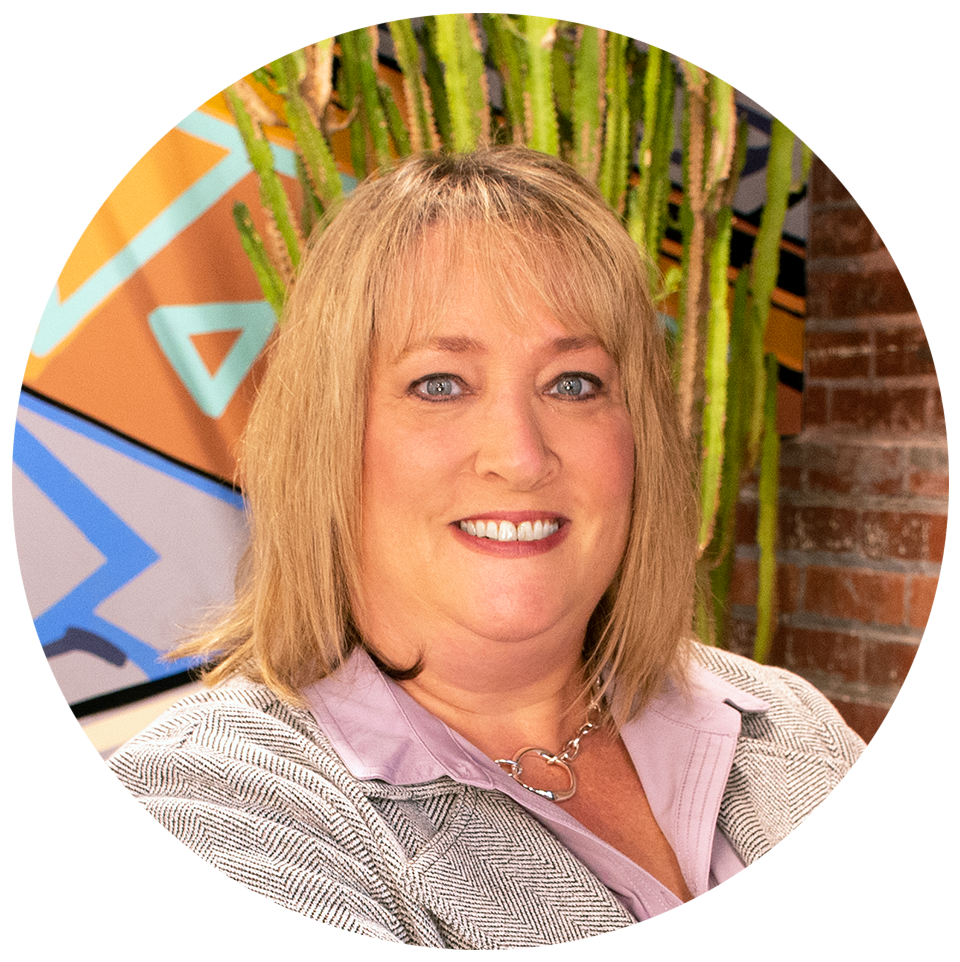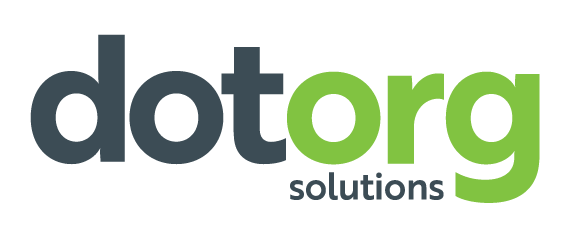How Google and Yahoo's email policy changes will impact your nonprofit
Google and Yahoo are making changes that will affect the way your nonprofit uses email for fundraising and marketing. If you send a high-volume of email addresses with the gmail.com and yahoo.com domains, read on.
Beginning February 2024, organizations must comply with three major rules* for Google and Yahoo.- Authenticated email domains
- Easy-to-unsubscribe links - Users must be able to unsubscribe with one click, and you must honor the request within two days.
- Email spam rates of <0.3%
Nonprofits using email platforms such as HubSpot, Constant Contact and MailChimp will likely already be compliant in the authentication and easy-to-unsubscribe links as these items are built into their systems. (If you use other systems, they may have already sent you information on compliance.)
But what about spam rate? That is where we advise nonprofits to take the most caution. If your organization is sending frequent emails to people who haven't opted in, these users may have marked your email as spam. High incidents of spam emails are a red flag for the new email rules, and you need to be aware of your current spam rates.
Why are they doing this?
- Google and Yahoo are working to cut down on spam as well as spoofing, phishing and other malicious emails.
- They are also helping to improve email integrity for users.
- They are making best practices mandatory. Authenticated email domains, easy-unsubscribes and low spam rates have always been best practices in sending emails. These practices are no longer optional but the rule.
What happens if you don’t comply?
Organizations that do not comply will end up in Google or Yahoo email “jail,” meaning that any emails sent from your organization’s main sending domain (generally @yourorganization.org) will be blocked by these email providers. Google and Yahoo currently have no way to get unblocked, and this will impact any future email coming from your sending domain.
Who will this rule likely affect the most?
- Organizations that send large volumes of marketing emails (5,000+ a day). These are emails sent to lists, such as email newsletters, marketing email, etc.
- Organizations that have large volumes of transactional emails. These emails are automatically triggered by an action, including confirmation emails, donation receipts, appointment reminders, etc.
- Organizations that haven't properly set up their email domains and authenticated them.
- Organizations that buy email lists and engage in cold outreach.
- Organizations that have high spam rates.
- Organizations who don’t track email performance.
- Organizations that don’t use email marketing platforms that focus on compliance.
What can your organization do?
- Don't panic, but take precautions. You may already be fine, but it is a good idea to work with your IT department or provider to ensure you are compliant.
- Create email subdomains to protect your root email domain. A suggested subdomain would be email.yourorganization.com. Emails would be sent from an account such as giving@email.yourorganization.com.
- Clean your email list. We suggest using an email verification tool like Kickbox. It is inexpensive and reliable. And check for hard bounce emails regularly and remove them from your sending lists.
- Check your current spam rate of your email sends. If you are in the 0.1% range, take note. If you are approaching the 0.3% threshold, get to work immediately on fixing it. Look for patterns in your lowest-performing emails or ones with the highest spam rates. Make necessary adjustments. (Sign up for Google Postmaster Tools to verify your domain and get spam rates for Gmail.)
- Write good content that people want to read.
- Implement a one-click unsubscribe option.
- Honor unsubscribes. If someone asks to be removed from a list, you have two days to do it.
These new rules may seem daunting, but they are actually designed to help us all send better emails, keep our organizations protected from fake email and unwanted spam, and give us all an overall better email experience.
Not sure exactly what to do or need help? Contact us to learn how we can help you send better emails.

Amy Wong, president, Dot Org Solutions
Amy believes the world is a better place because of the special work that nonprofits do for our communities for making them better places to live, work and raise families. And as president of Dot Org Solutions, she is a champion for small businesses for the role they play in creating jobs, delivering important products and services, and keeping the economy strong.

